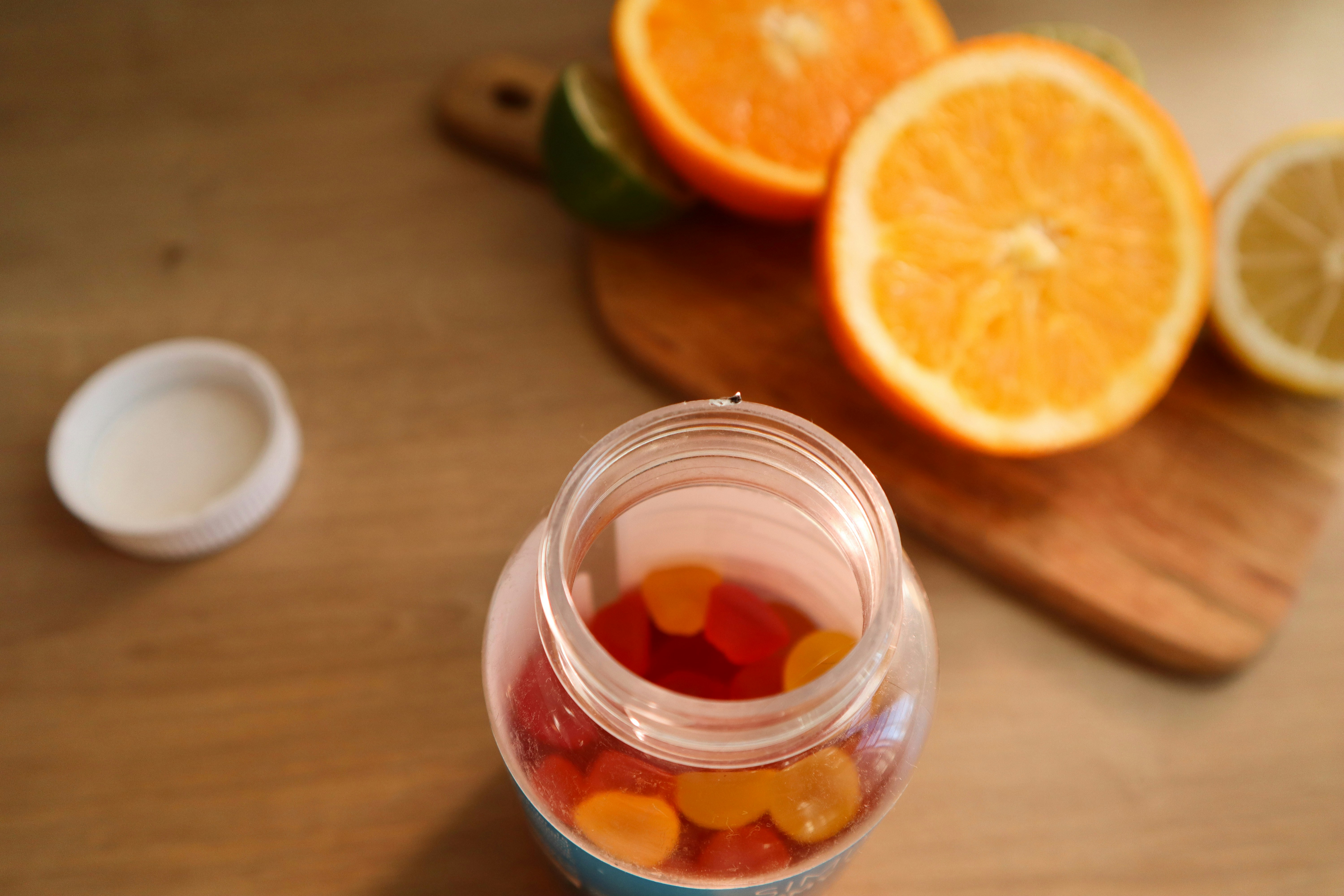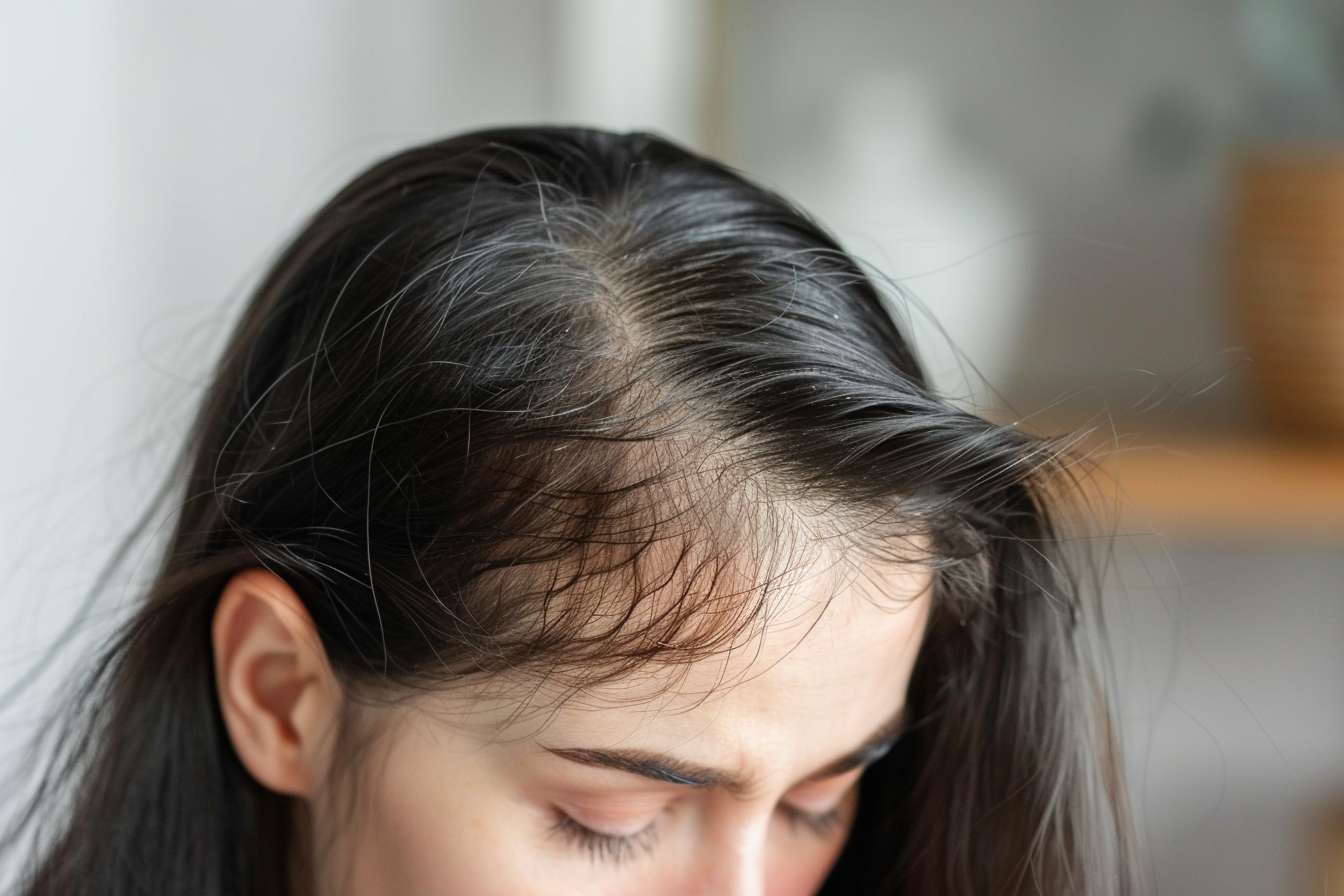Biotin: The Unsung Hero of Hair and Nail Health
Biotin, also known as vitamin B7 or vitamin H, is a water-soluble vitamin that plays a crucial role in maintaining healthy hair, skin, and nails. While often overshadowed by more prominent vitamins like vitamin C or D, biotin has gained increasing attention in recent years for its potential benefits in promoting hair growth and strengthening nails. This essential nutrient is involved in various metabolic processes, including the metabolism of fats, carbohydrates, and proteins. Despite its importance, biotin deficiency is relatively rare in developed countries, as it is found in a wide variety of foods and can also be produced by gut bacteria. However, the growing popularity of biotin supplements has sparked debates about their efficacy and potential side effects.

Biotin’s Role in the Body
As a coenzyme, biotin is involved in numerous biochemical reactions within the body. It plays a critical role in the synthesis of fatty acids, glucose metabolism, and the production of amino acids. These processes are essential for maintaining healthy hair, skin, and nails, as well as supporting overall cellular function. Biotin also contributes to the health of the nervous system and is involved in gene regulation.
Natural Sources of Biotin
Biotin is found in a variety of foods, making it relatively easy to obtain through a balanced diet. Some of the best natural sources include:
-
Egg yolks
-
Nuts, particularly almonds and peanuts
-
Whole grains
-
Legumes
-
Organ meats, such as liver
-
Certain vegetables, including sweet potatoes and spinach
-
Dairy products
Interestingly, while egg yolks are an excellent source of biotin, raw egg whites contain a protein called avidin that can interfere with biotin absorption. This is why consuming large amounts of raw egg whites can potentially lead to biotin deficiency.
The Rise of Biotin Supplements
In recent years, biotin supplements have gained popularity as a beauty aid, particularly for improving hair and nail health. This trend has been fueled by social media influencers, celebrity endorsements, and marketing campaigns touting the benefits of biotin for achieving luscious locks and strong nails. However, the scientific evidence supporting these claims is limited and often conflicting.
Scientific Evidence and Controversies
While some studies have shown positive effects of biotin supplementation on hair and nail growth, particularly in individuals with underlying deficiencies, the results are not conclusive for the general population. A 2017 review published in the Journal of Clinical and Aesthetic Dermatology found that biotin supplementation improved hair and nail growth in patients with underlying pathologies, but there was little evidence to support its use in healthy individuals.
Moreover, the widespread use of biotin supplements has raised concerns among medical professionals. High doses of biotin can interfere with certain laboratory tests, potentially leading to misdiagnosis of conditions such as thyroid disorders or heart attacks. This interference has prompted the U.S. Food and Drug Administration (FDA) to issue warnings about the potential risks associated with biotin supplementation.
Biotin Deficiency: Rare but Serious
While biotin deficiency is uncommon, it can occur in certain populations, including individuals with genetic disorders affecting biotin metabolism, pregnant women, and those with malabsorption syndromes. Symptoms of biotin deficiency may include hair loss, skin rashes, and brittle nails, as well as neurological symptoms such as depression and lethargy.
The Future of Biotin Research
As interest in biotin continues to grow, researchers are exploring its potential applications beyond hair and nail health. Some studies are investigating the role of biotin in glucose metabolism and its potential use in managing diabetes. Additionally, research is ongoing to better understand the mechanisms by which biotin influences hair and nail growth, which could lead to more targeted and effective treatments for related conditions.
Balancing Benefits and Risks
While biotin plays a vital role in maintaining overall health, the benefits of supplementation for individuals without deficiencies remain uncertain. As with any supplement, it’s essential to consult with a healthcare provider before starting a biotin regimen, particularly given the potential for test interference. For most people, a balanced diet rich in biotin-containing foods is likely sufficient to meet their needs. As research continues, our understanding of biotin’s role in health and beauty will undoubtedly evolve, potentially opening new avenues for its use in both medical and cosmetic applications.




